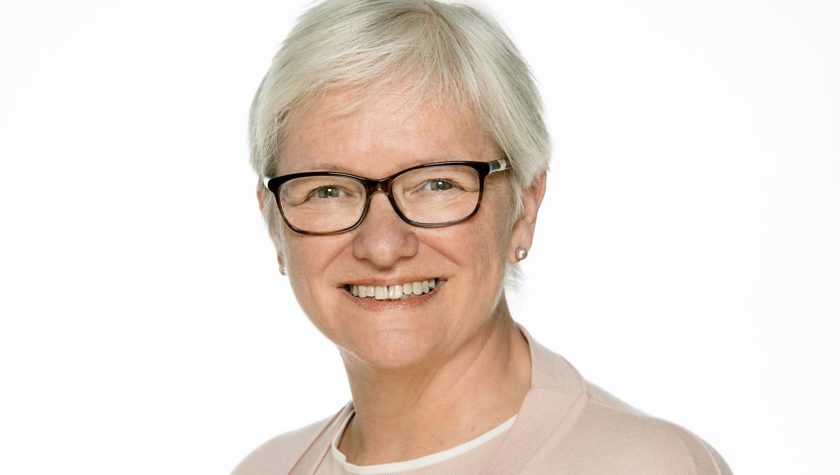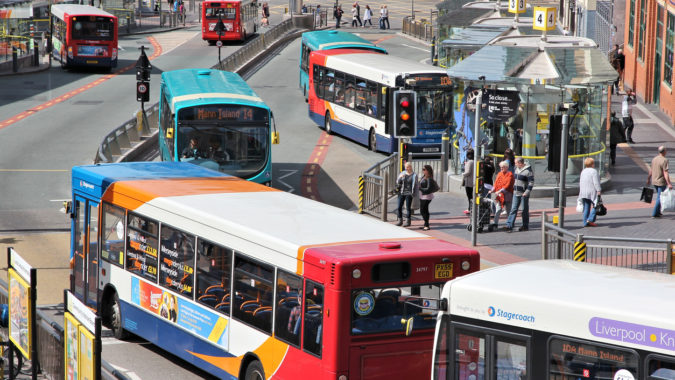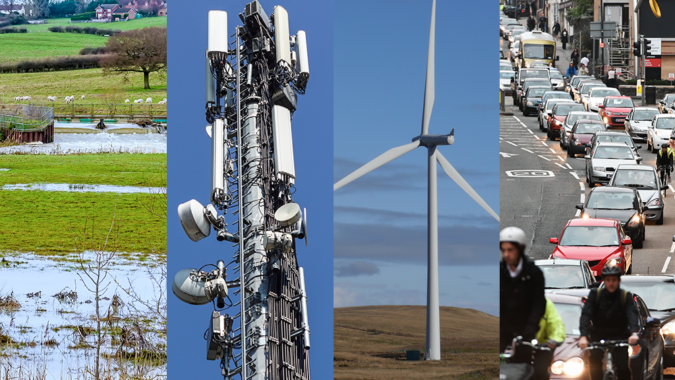After 100 years of incremental change, in the coming decades we will witness a revolution on our roads. With more and more drivers going electric, the reign of the internal combustion engine will slowly but surely be committed to history. Once the preserve of only the most environmentally conscious, now EVs are going mainstream.
While most people don’t give too much thought to the type of energy that powers their homes, when it comes to purchasing a car, they have a clear choice to make. In a society where air quality is increasingly under the spotlight – particularly for those living in our towns and cities – polluting conventional vehicles are becoming less appealing.
In October, there was a 31% increase in sales of electric, hybrid, and plug-in hybrid vehicles when compared with the same month in 2017. The UK is one of the top European countries for EV sales, and the Government already supports their take-up.
But, as EVs become cheaper and more attractive, we need to have the right infrastructure in place to encourage drivers to make the switch from petrol and diesel. In our Assessment, the Commission has called for a truly national, visible charging network to give drivers the confidence they need.
One key deterrent is so-called ‘range anxiety.’ This is the fear that a driver won’t have sufficient range to get to their destination and could face being left stranded. This is a barrier which must be tackled if the popularity of EVs is to continue rising. That’s why we want the Government to subsidise the provision of rapid charge points in rural and remote areas by 2022, meeting the need where the market will not deliver in the short term.
But we also need to know that our infrastructure can keep up as demand for EVs grows – and councils are going to have an important role to play. We think the government should place a requirement on local authorities to work with charge-point providers to earmark a proportion of their parking spaces – including those that are on-street – to be converted to charge points. The local knowledge of those working at a community level will be crucial to make this a success.
We must also consider regulation. We have recommended that Ofgem should regulate the interaction between EV charge points and the electricity network immediately. This will ensure that charging contributes to the optimisation of the energy system – for example, by encouraging drivers to charge at night when demand for electricity is lower. It will also be necessary to set minimum standards for a network of interoperable, smart charge points – something that government, industry, and Ofgem should work together to achieve.
The Government has already committed to end the sale of petrol and diesel cars and vans completely by 2040. We believe that, as the costs of EVs reduce, the market may move more quickly than that, and so we should be preparing for close to 100% of new car and van sales being electric a decade earlier, by 2030. We can’t afford to underestimate the pace of technological change, nor to forego the benefits that an earlier switch to electric would bring.
For that reason, as the public’s attitude towards EVs begins to shift, we need to provide certainty that we have chargers in the right places to address range anxiety and our charging infrastructure is able to cope with increased demand. Having more EVs on our roads will help us meet our carbon targets and improve the health of our communities. Ministers need to take decisive action to show that we’ll be ready for them.
This article first appeared in Public Sector Executive



